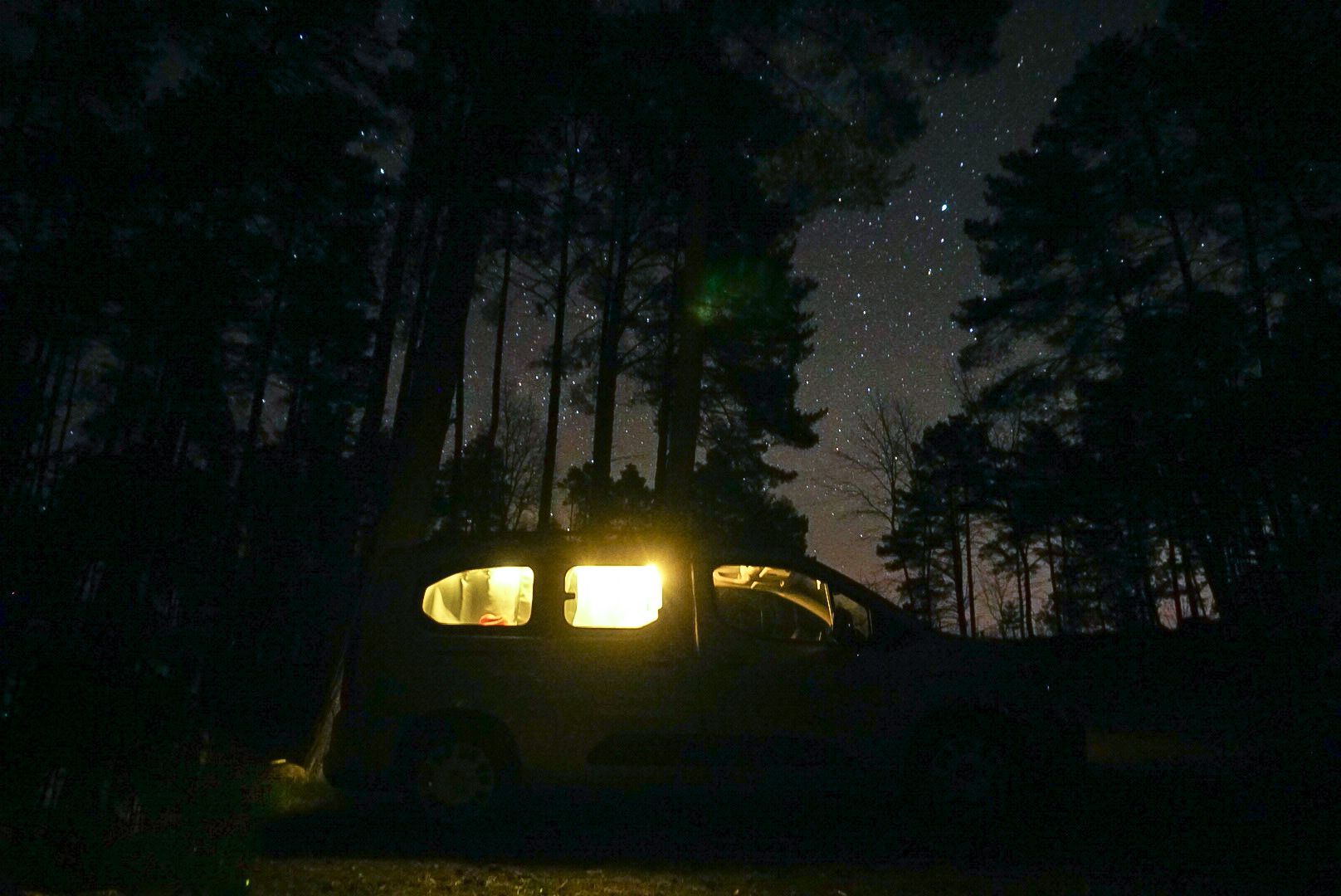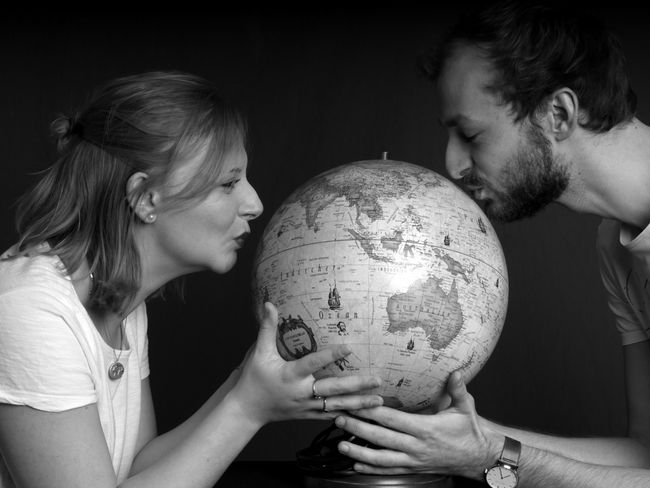Cusco, the Sacred Valley, and the Palccoyo Rainbow Mountains
Ippubblikat: 11.11.2022
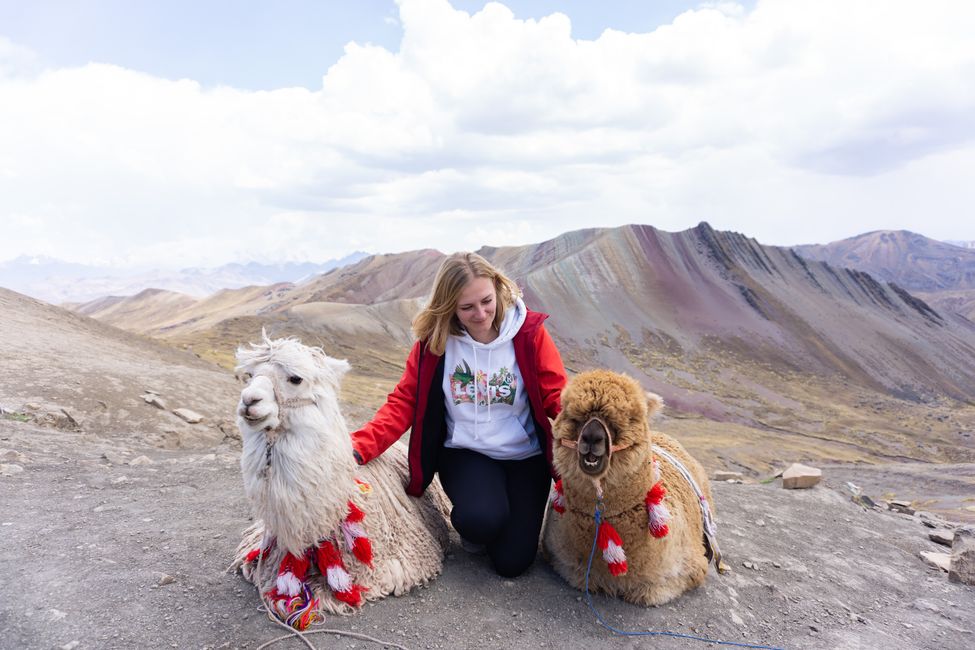
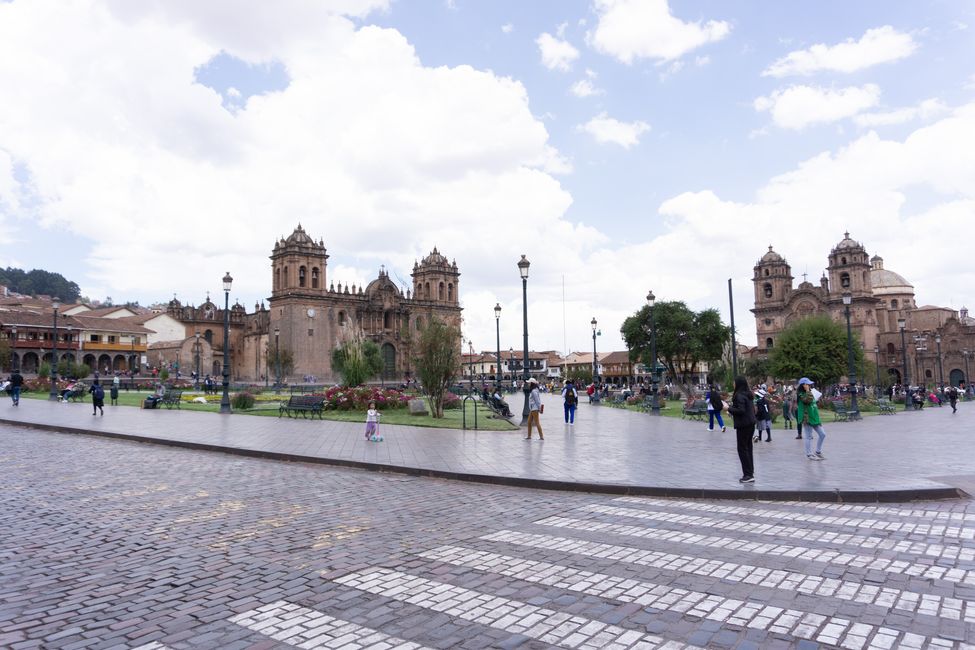
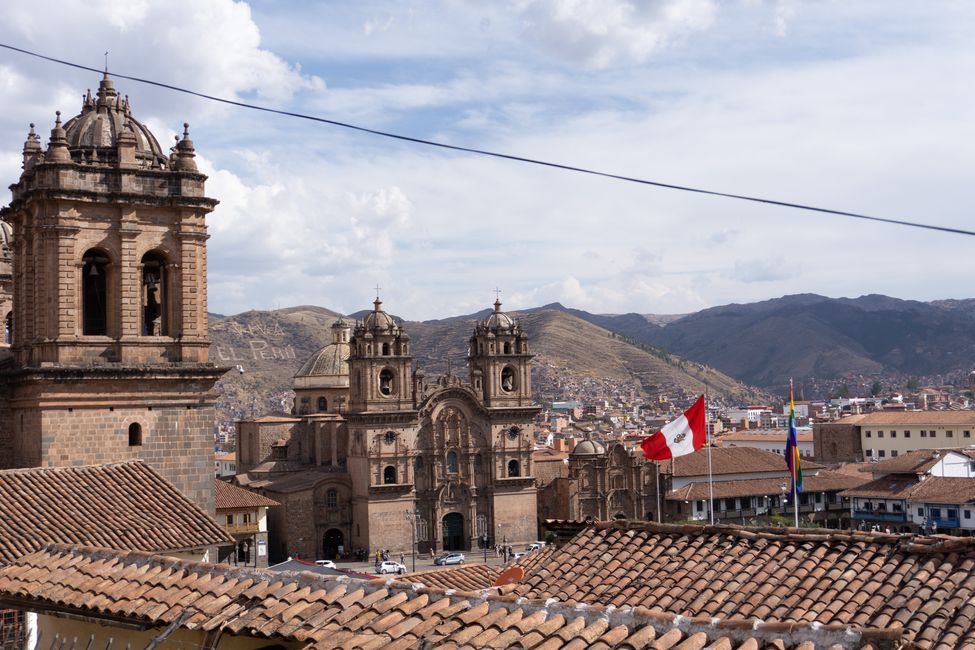
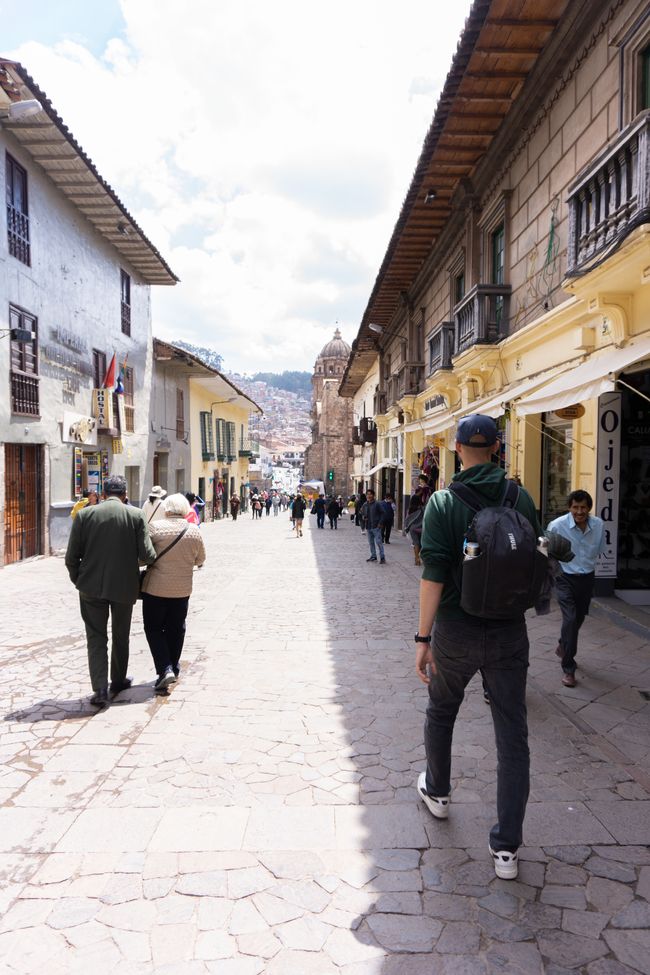
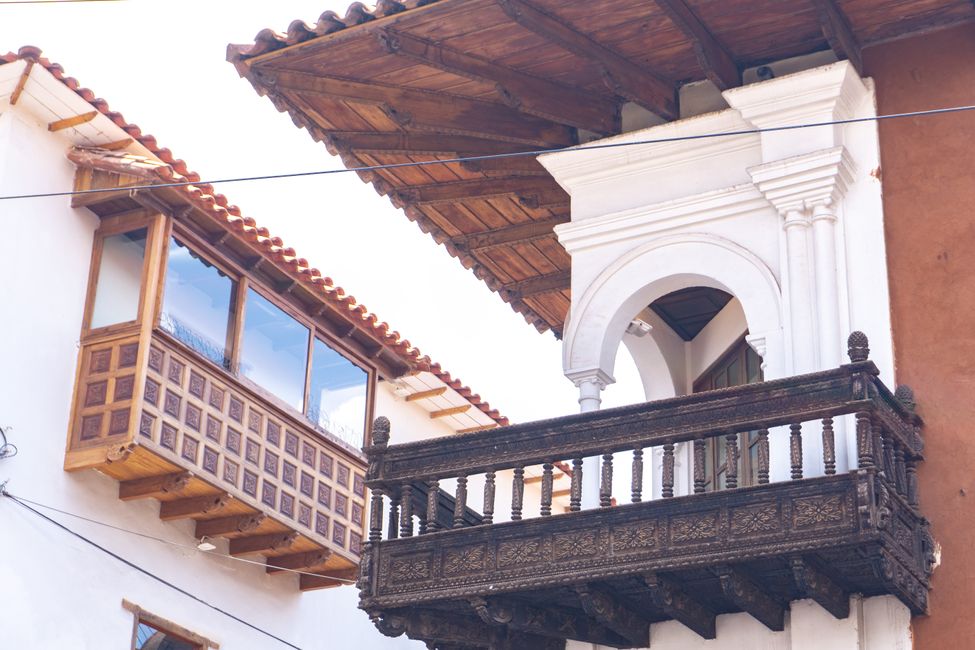
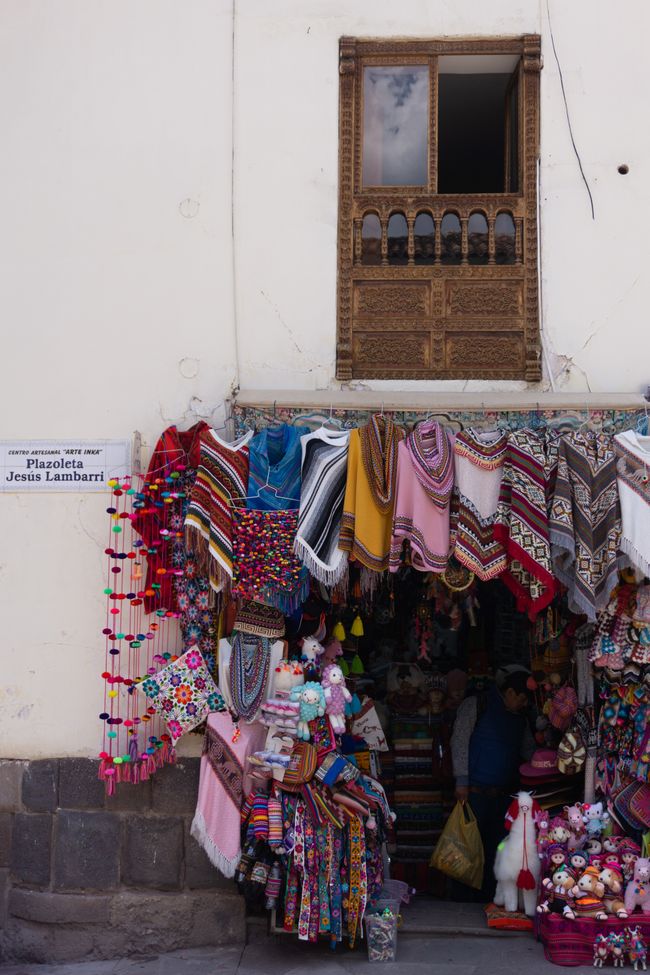
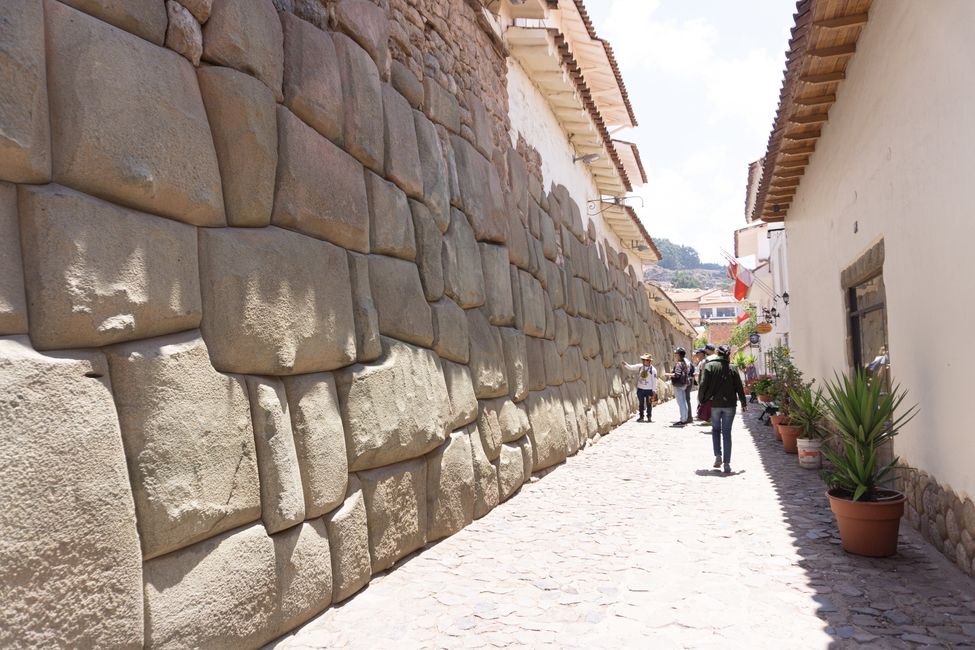
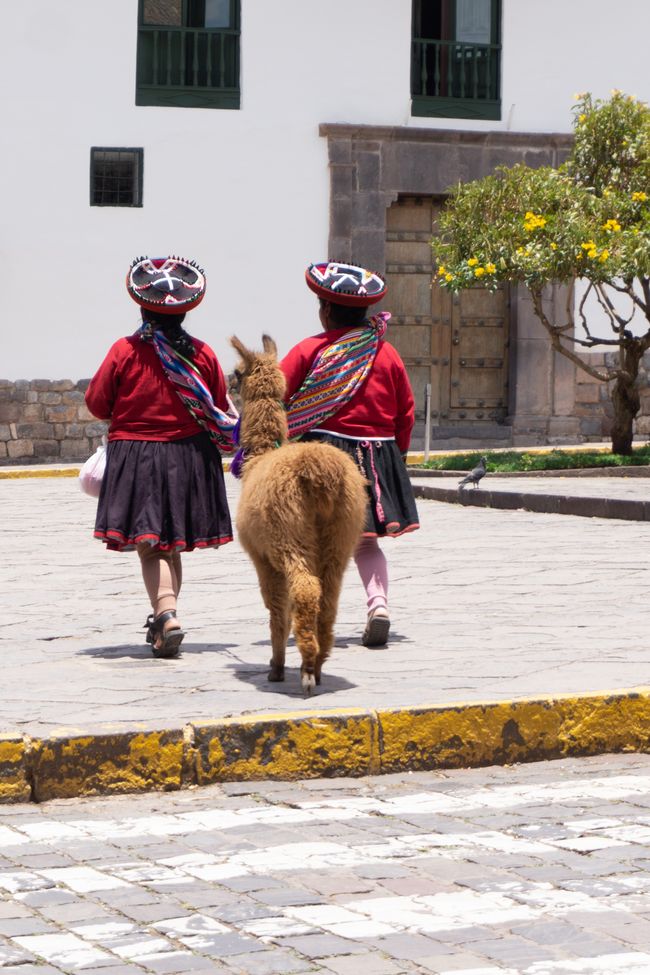
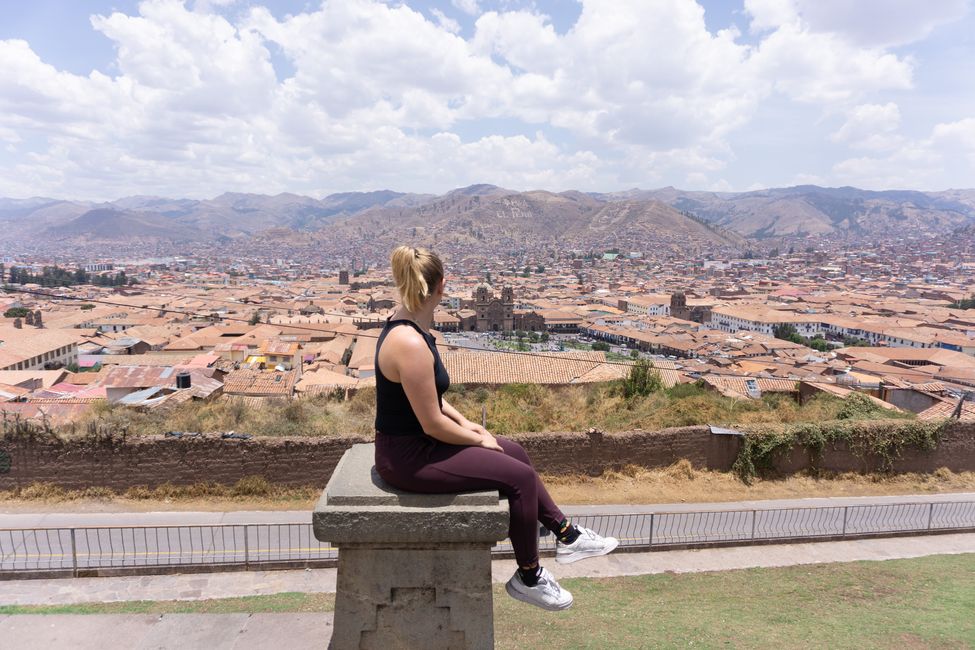
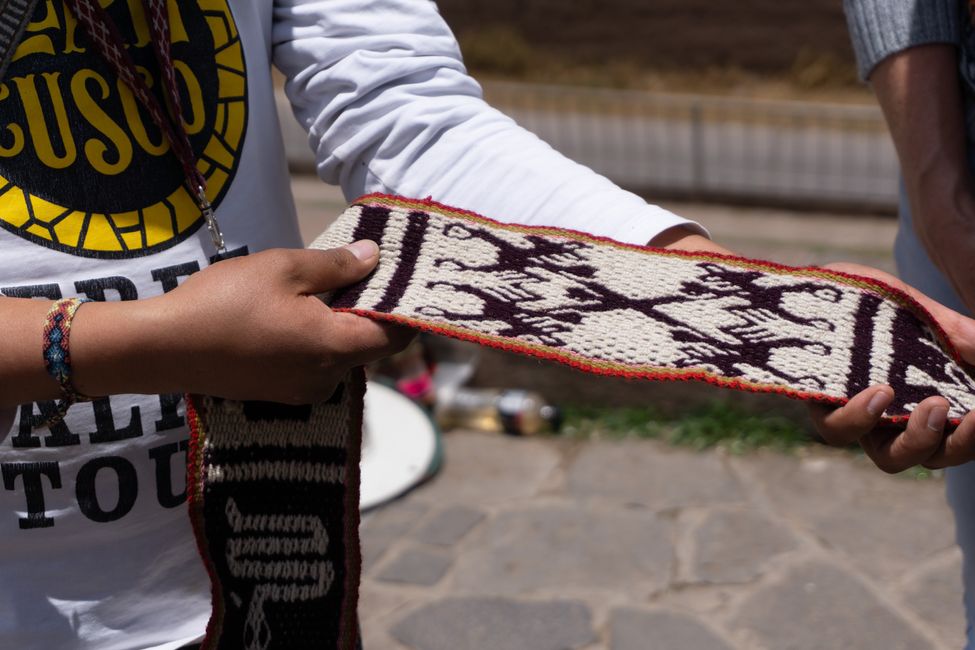
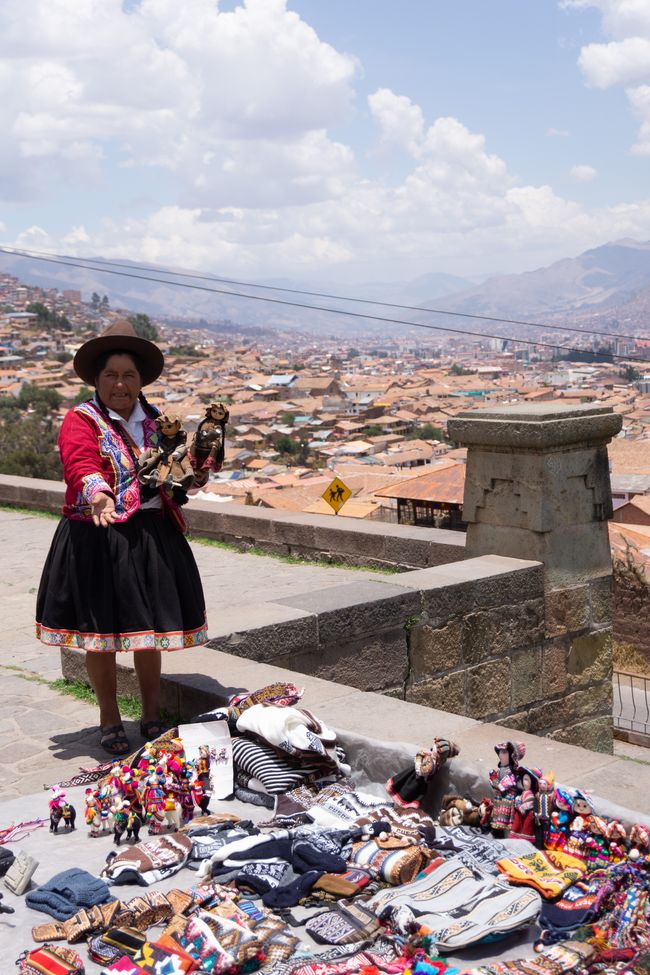
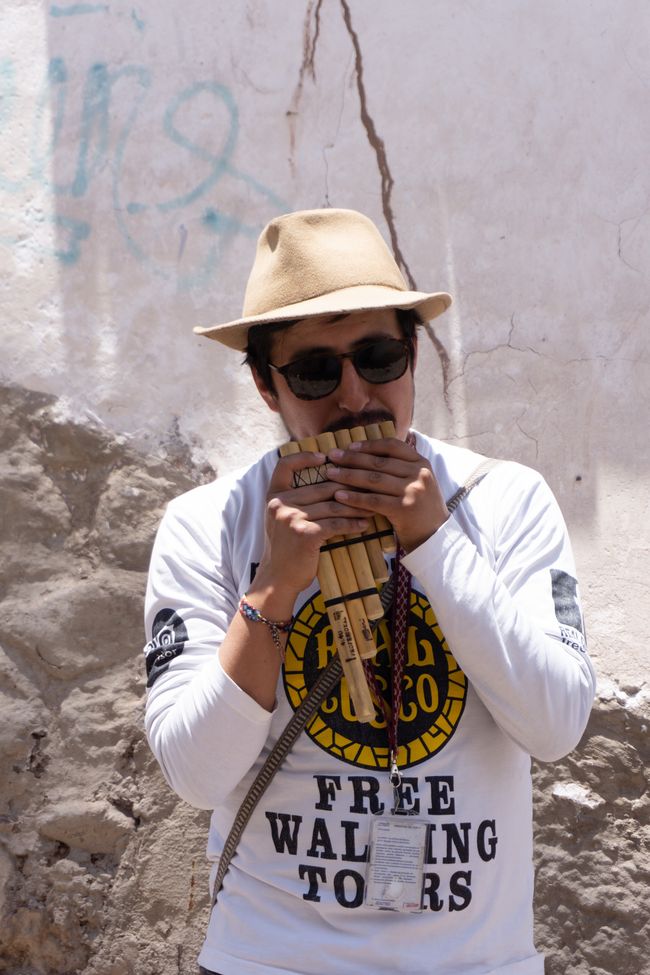
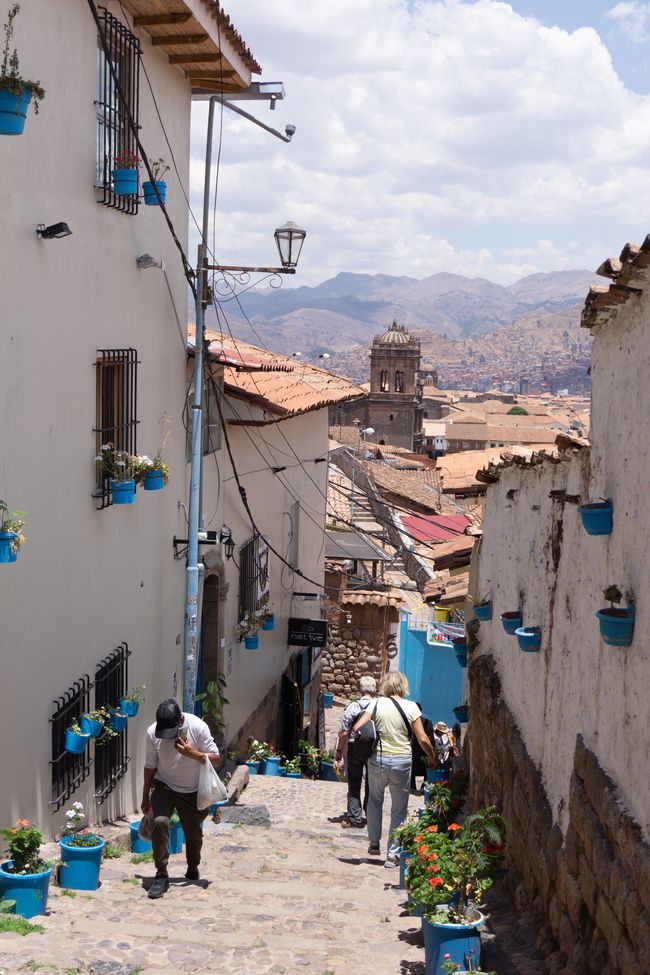
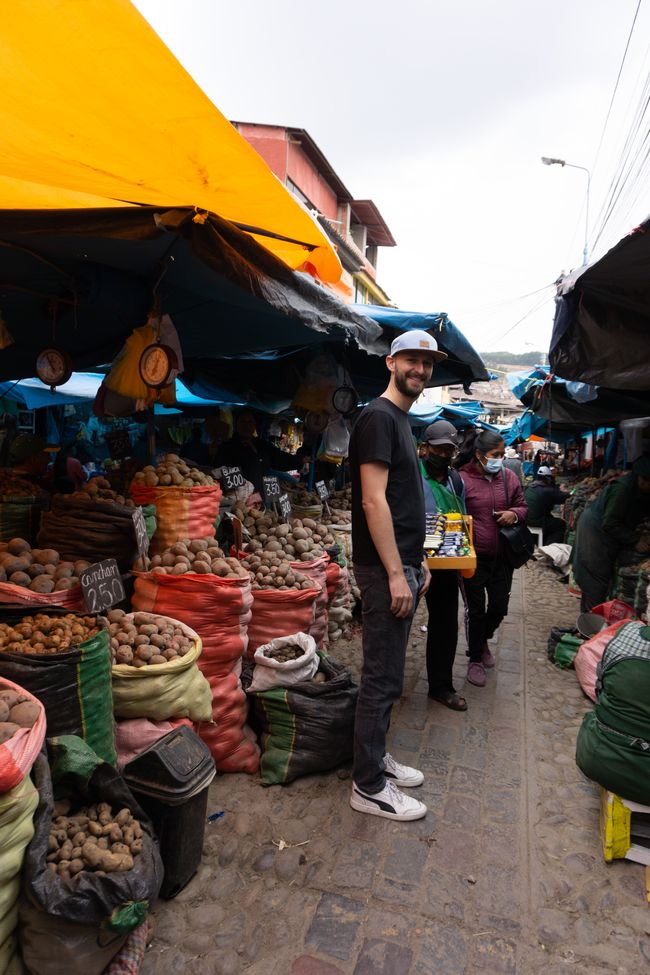
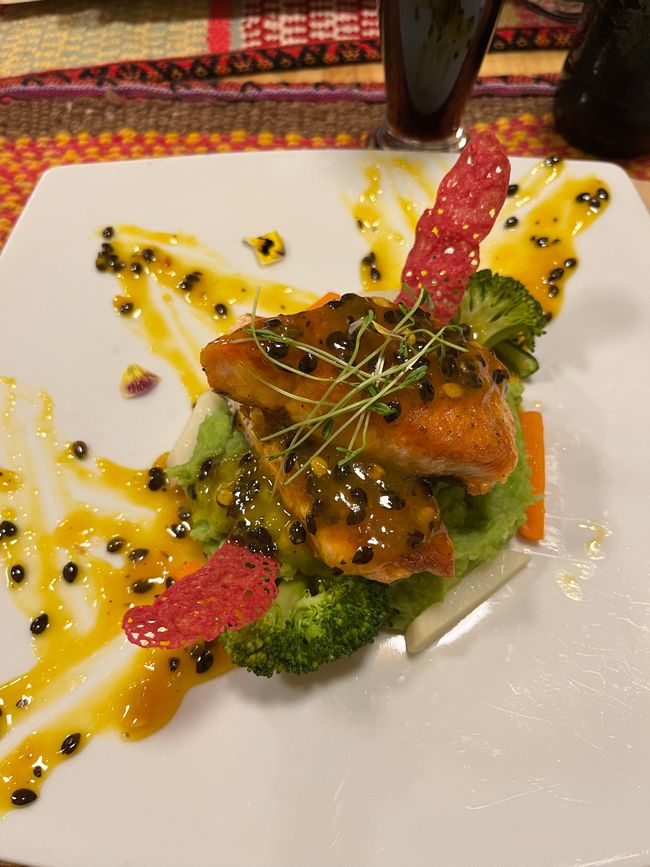
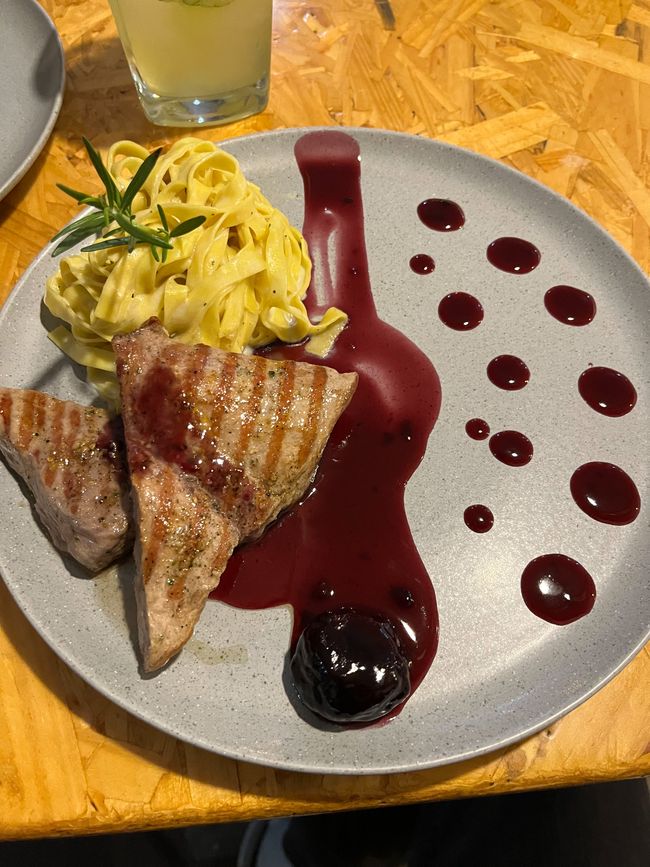
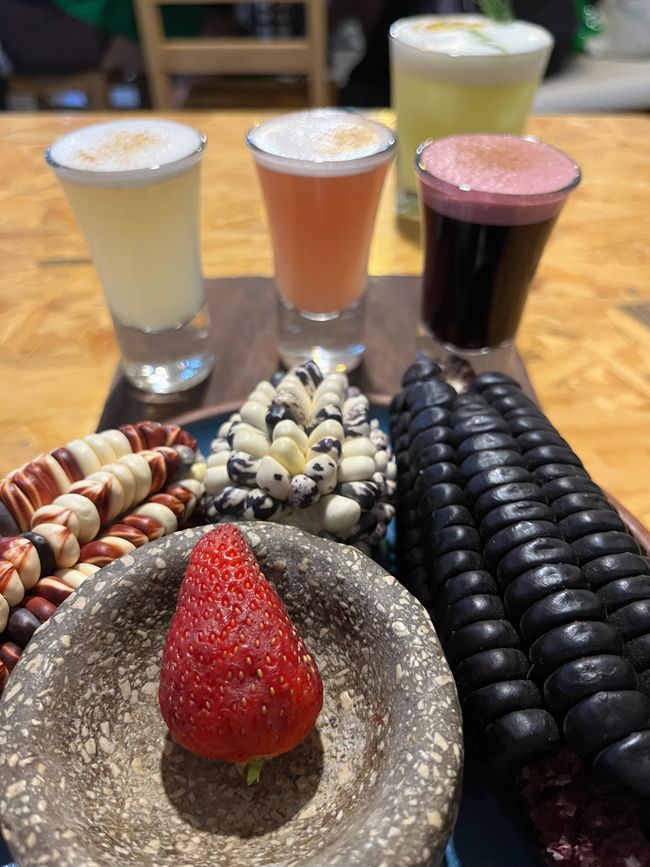
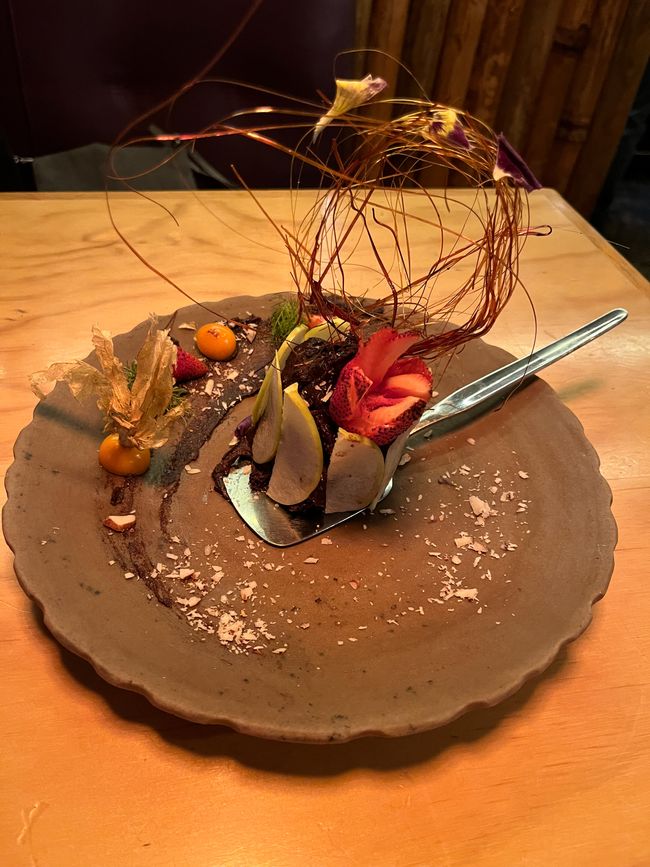
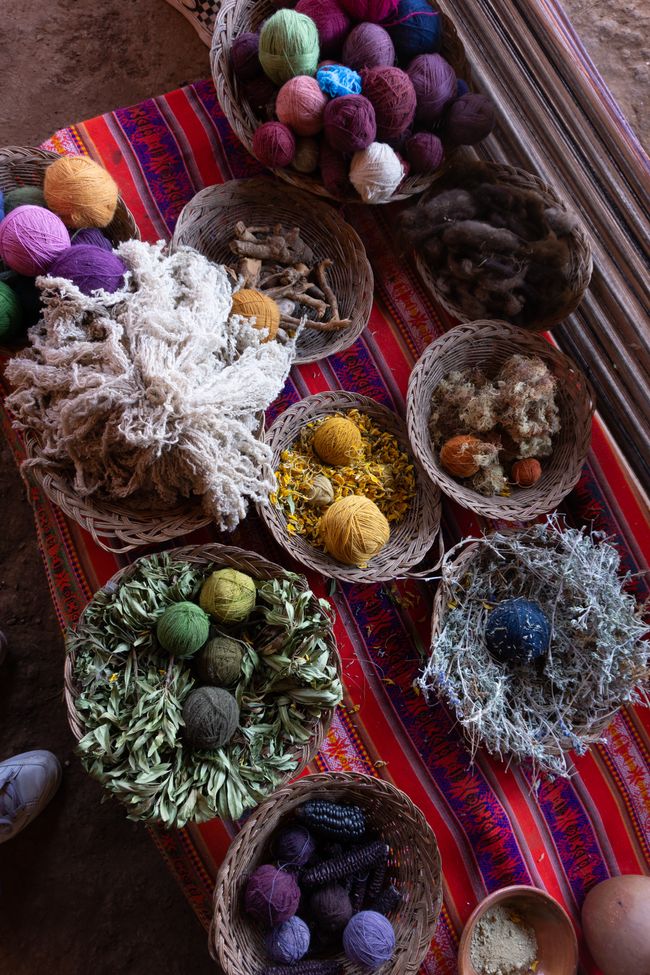
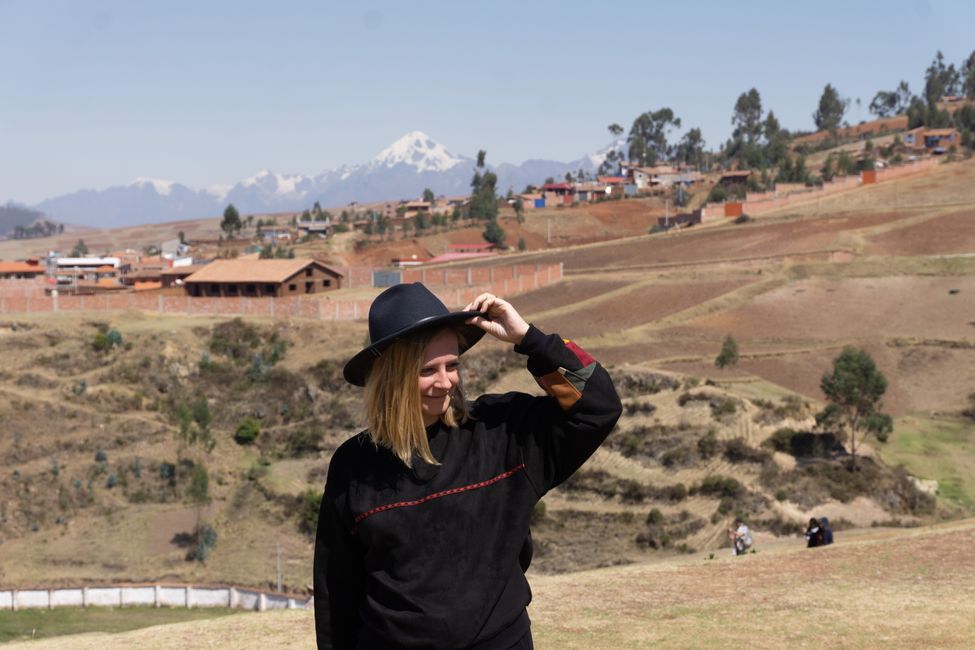
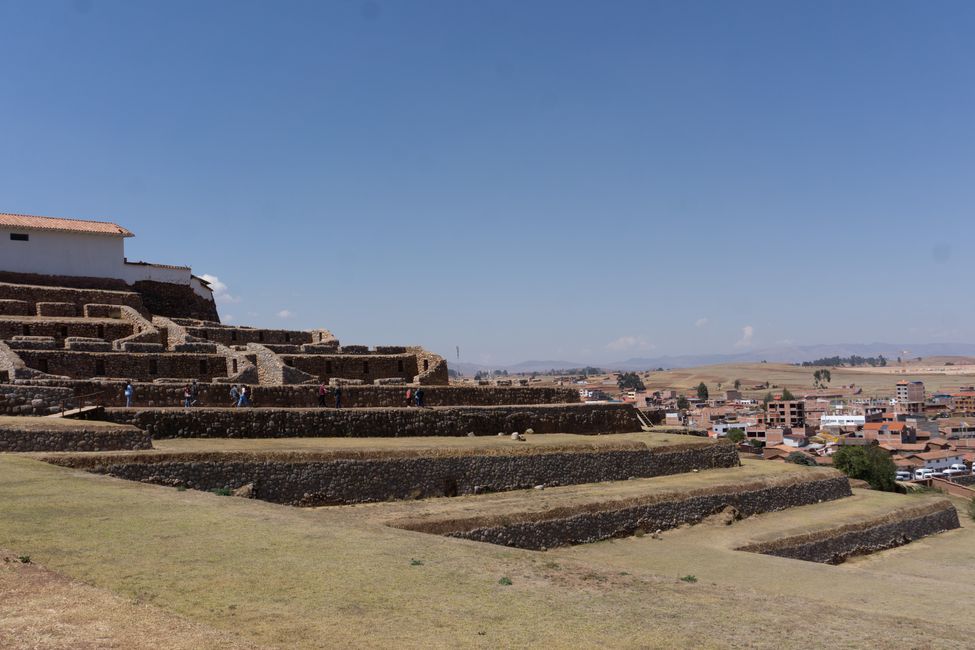
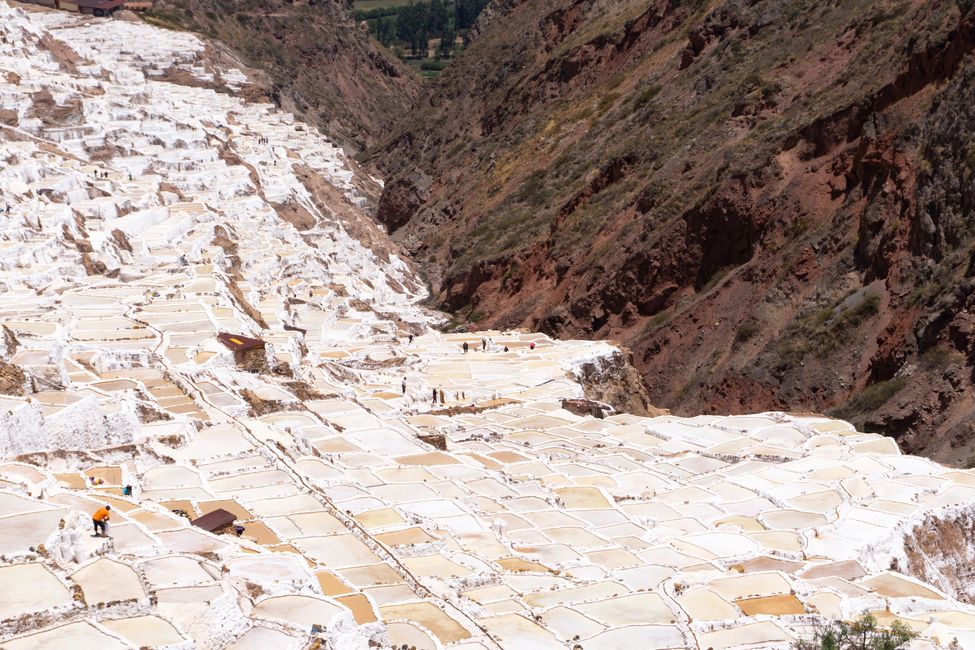
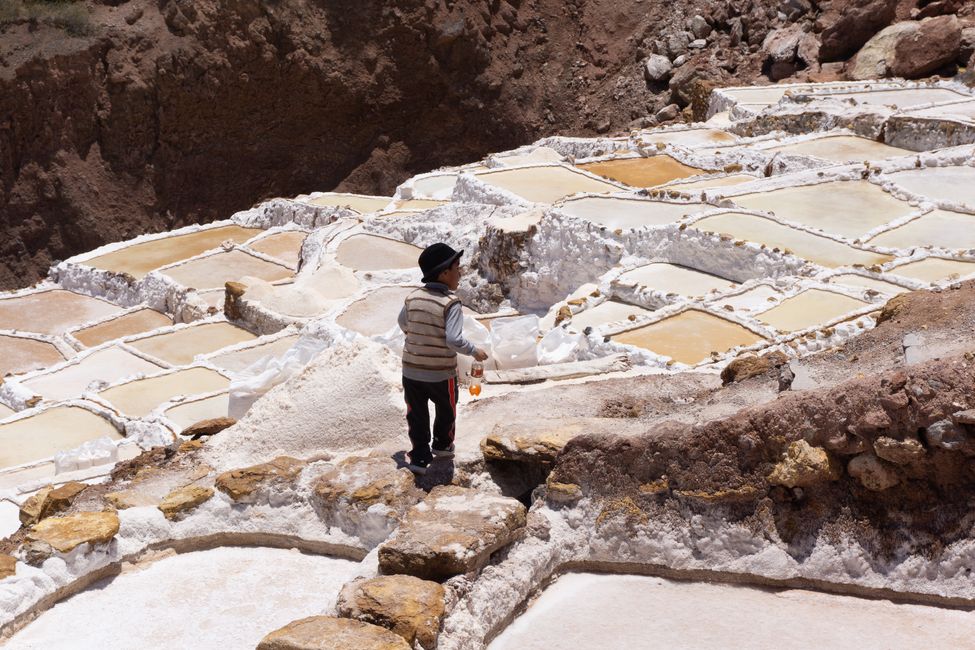
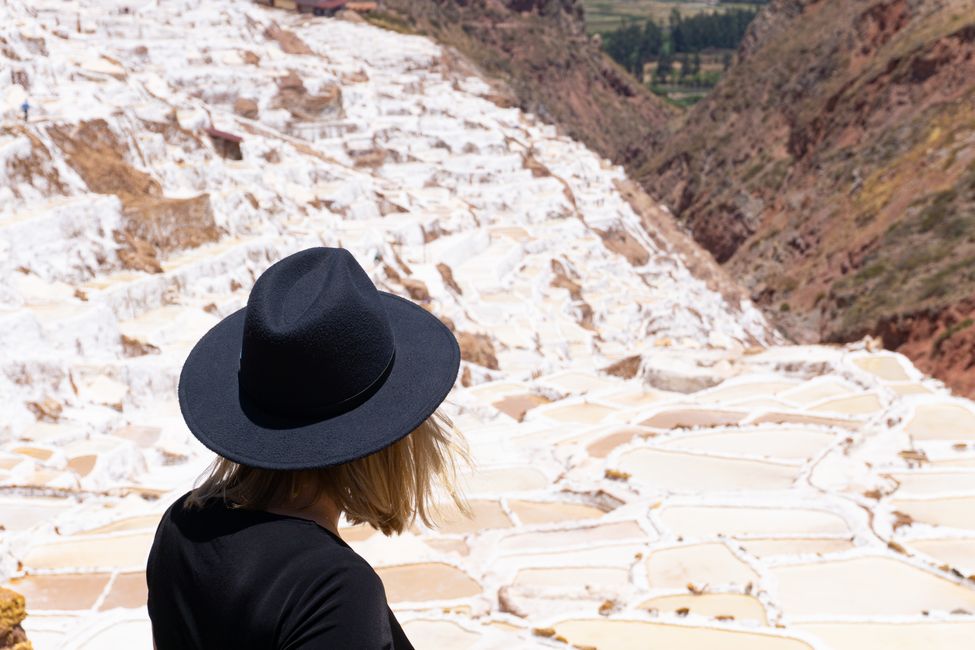
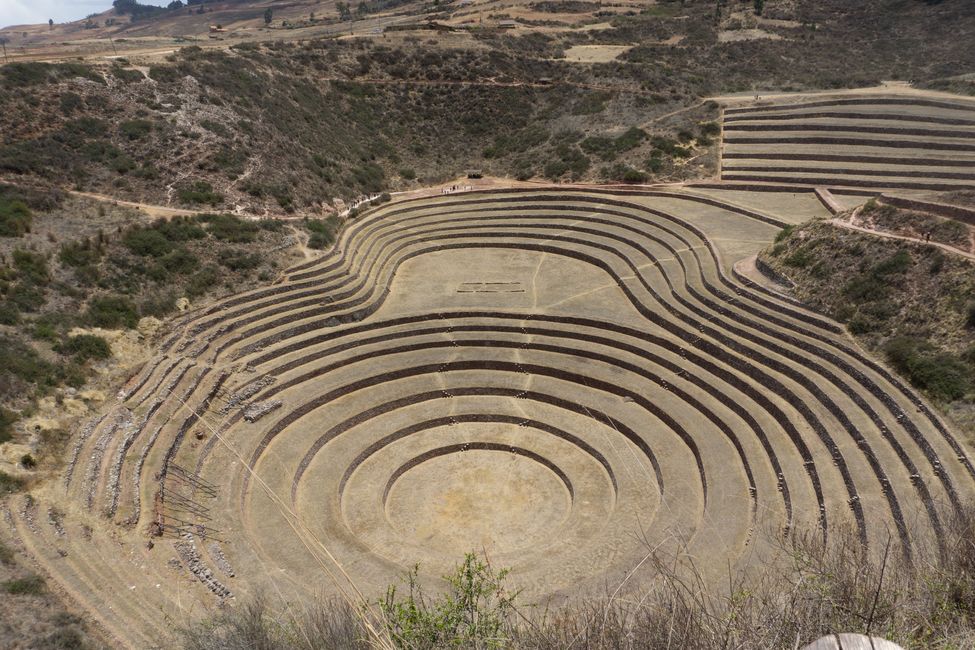
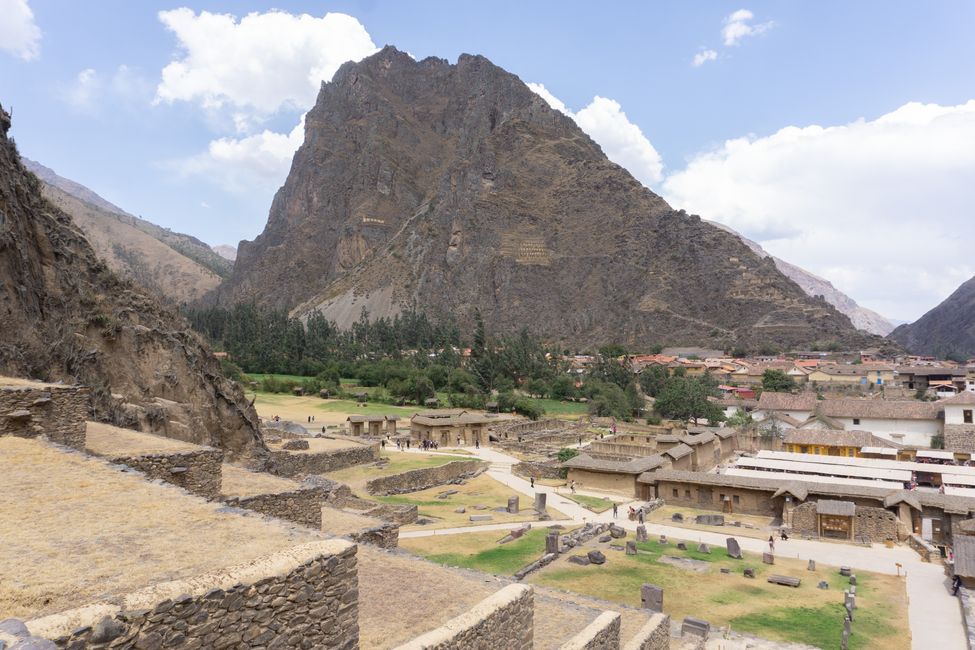
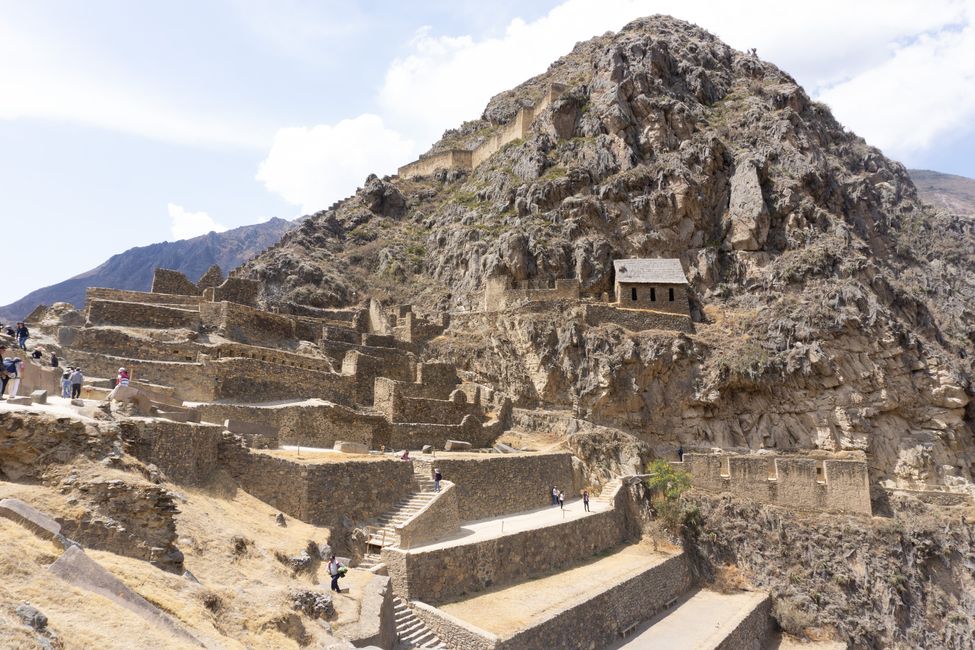
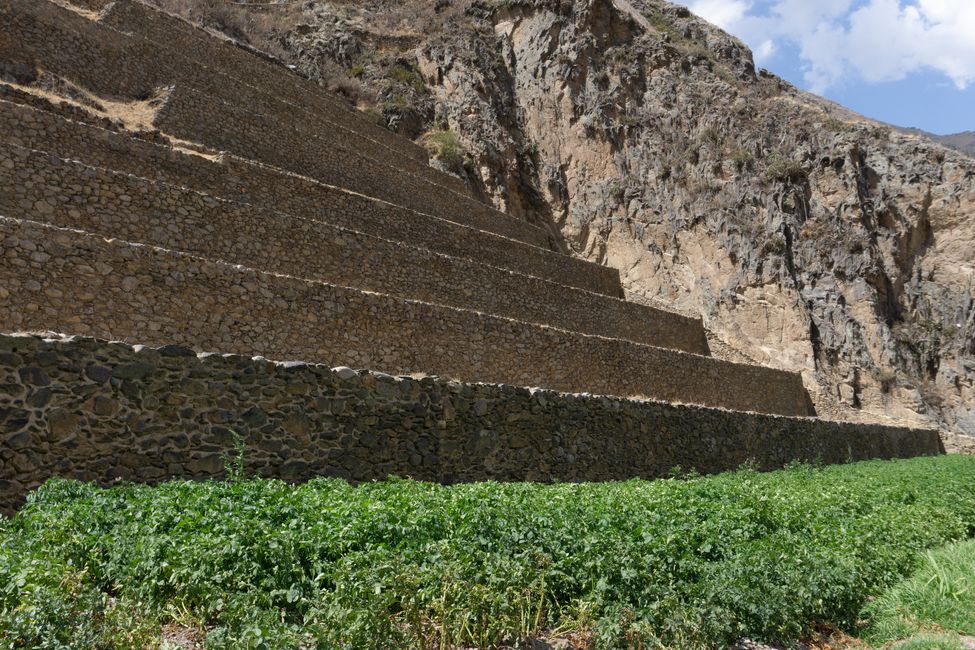
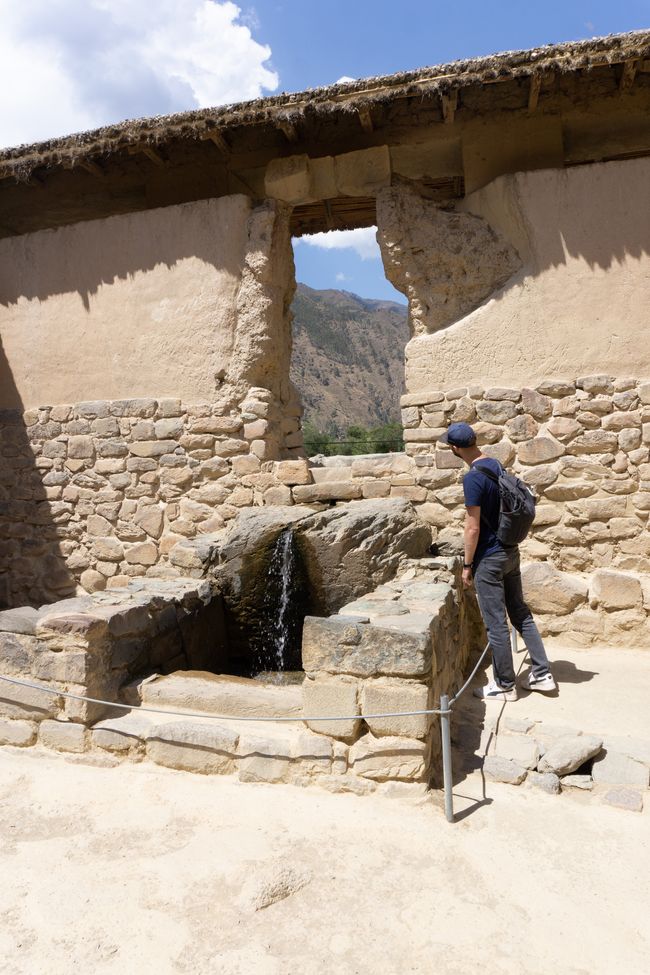

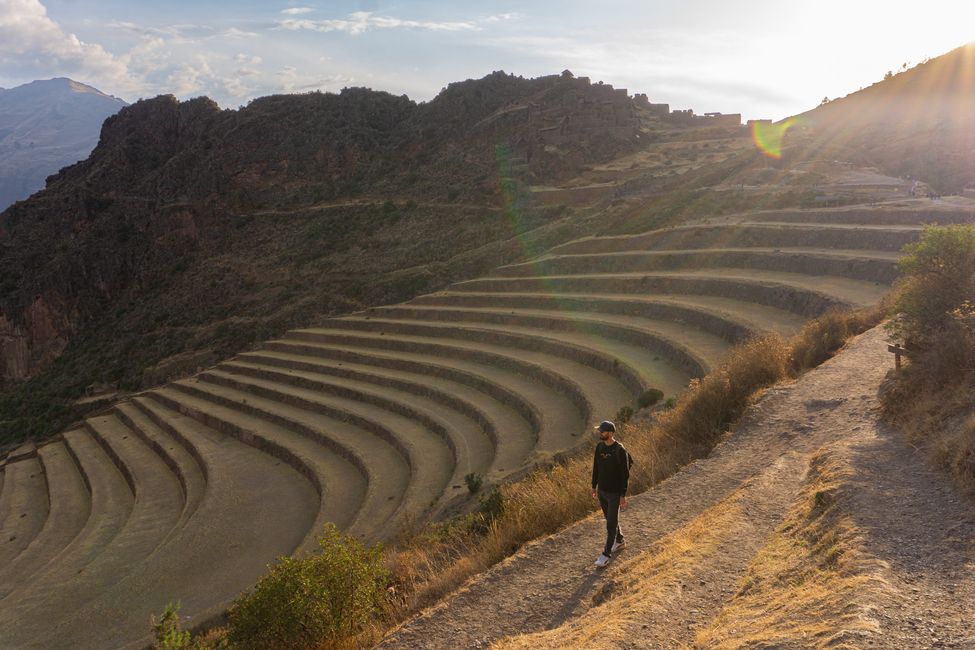
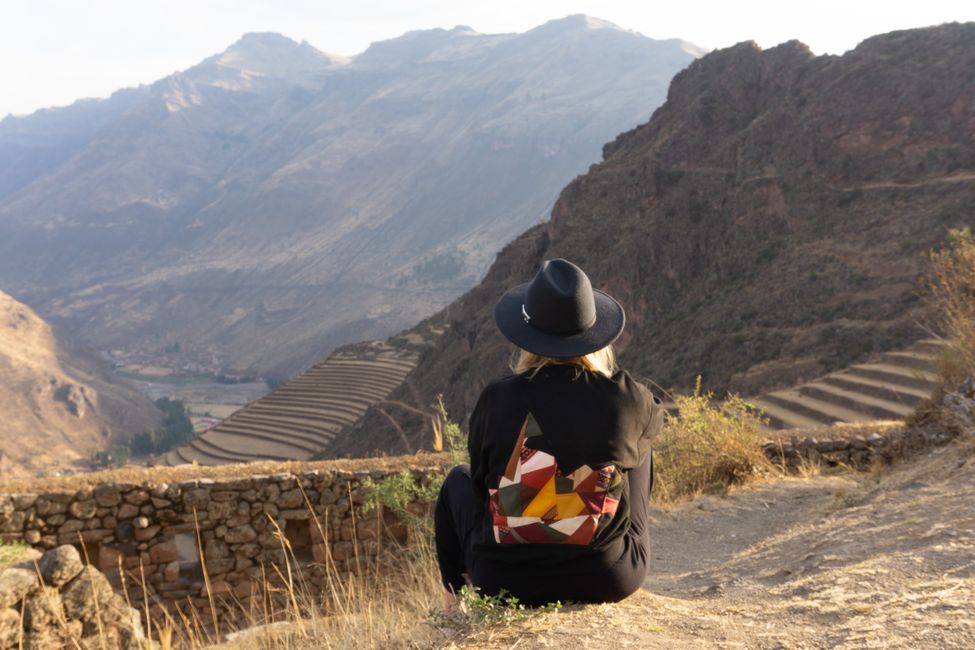
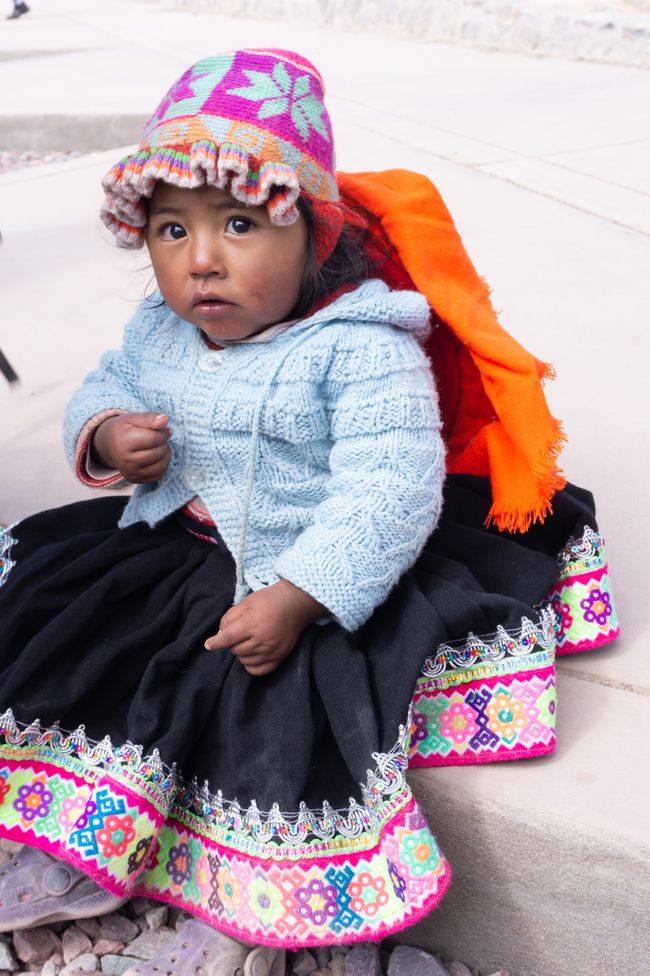
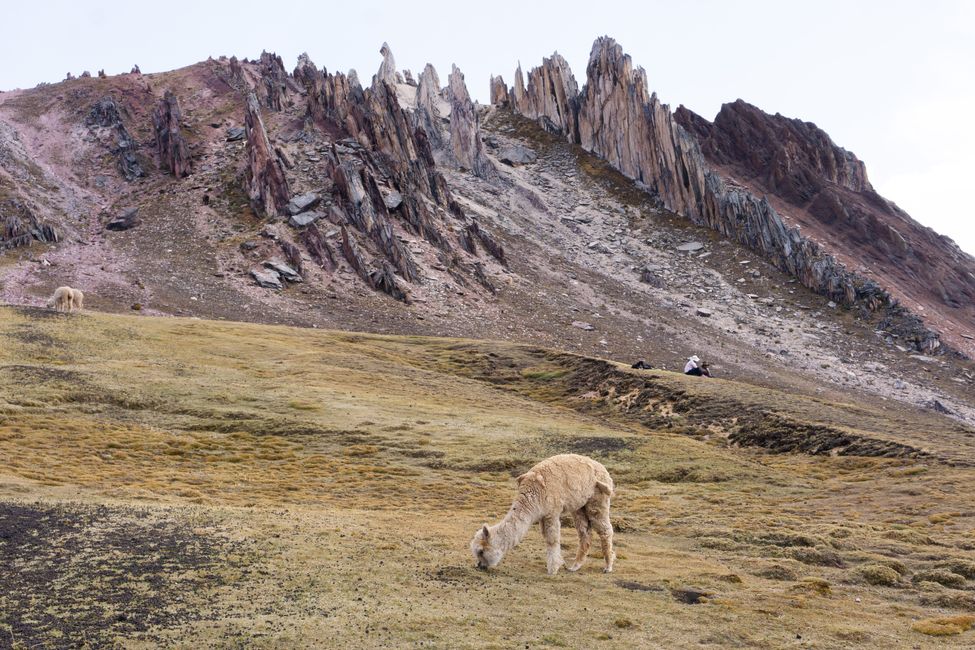
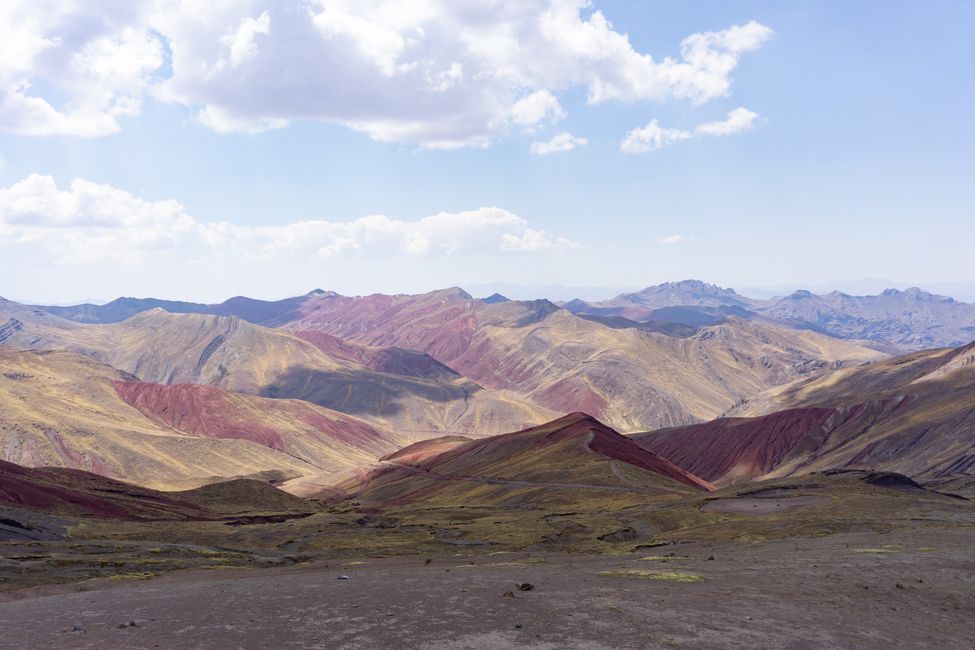
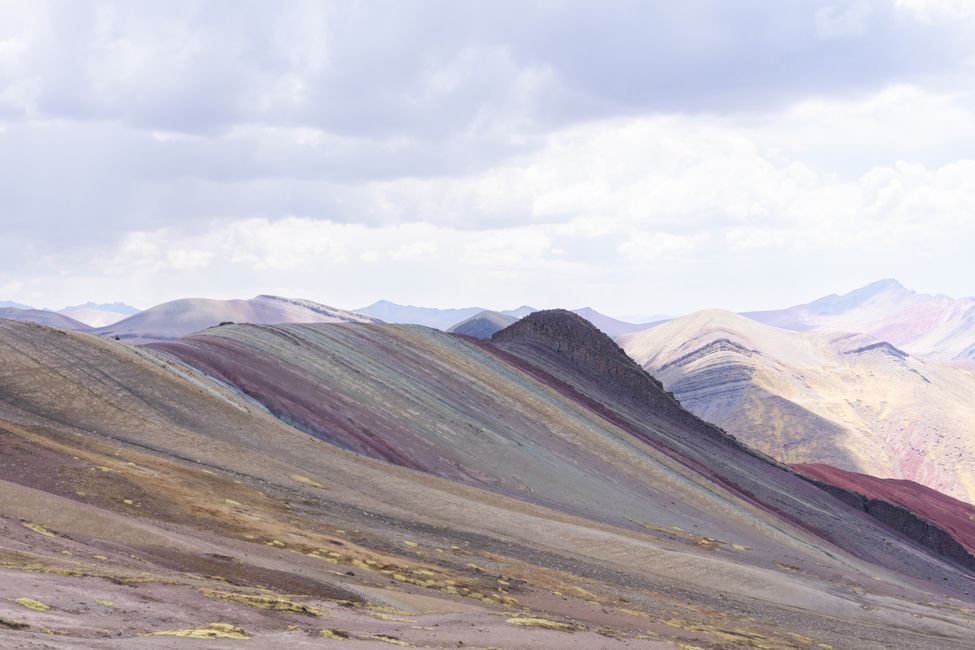
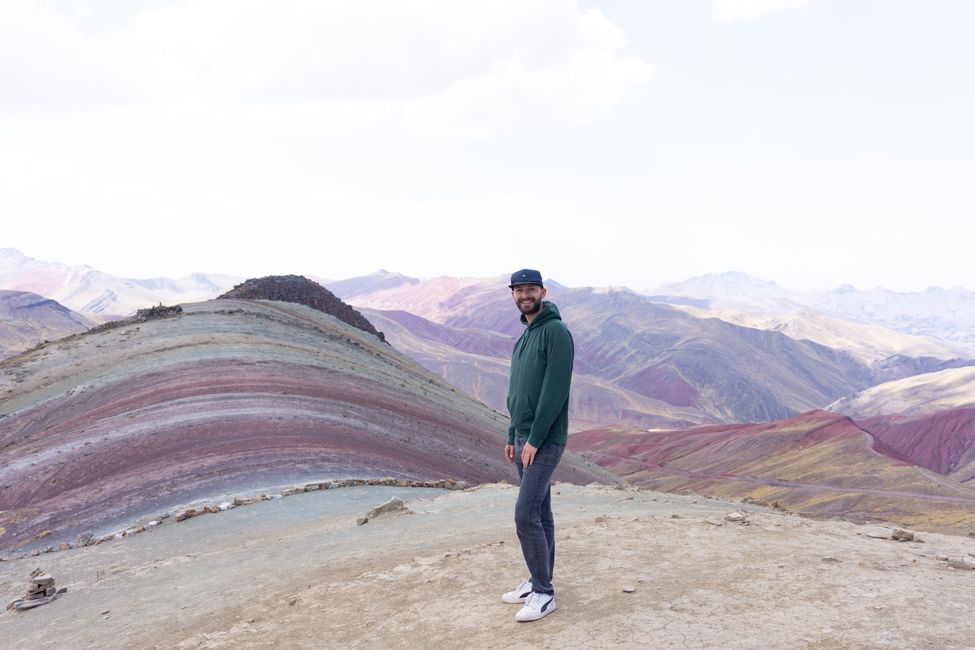
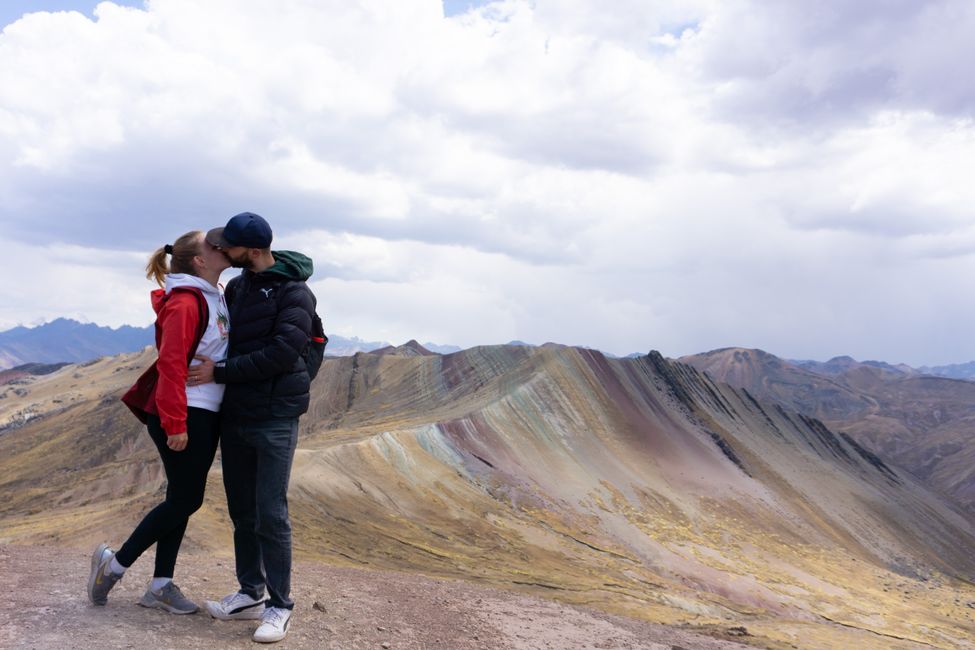
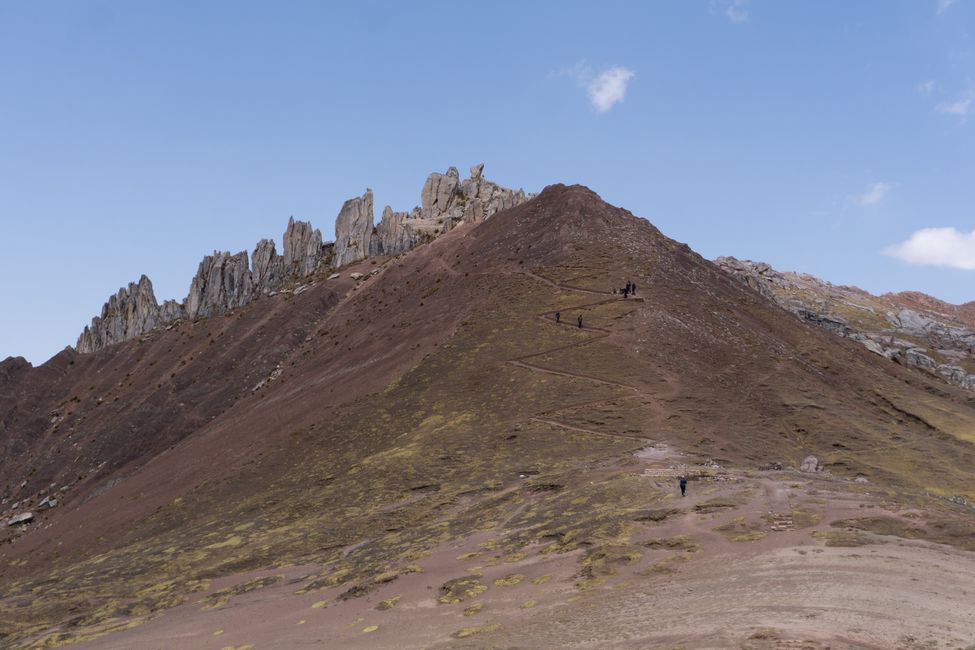
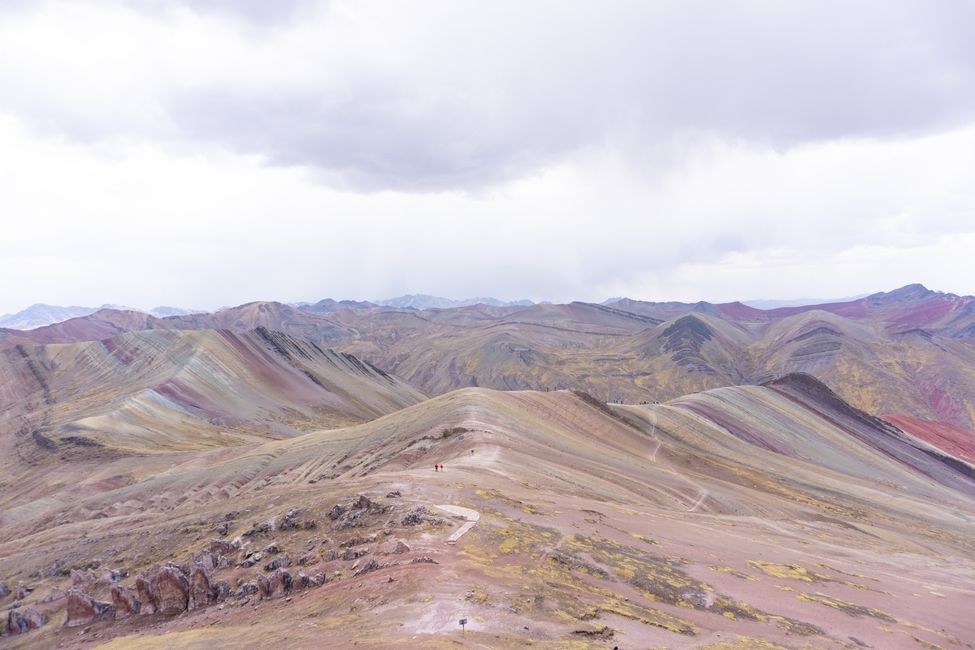
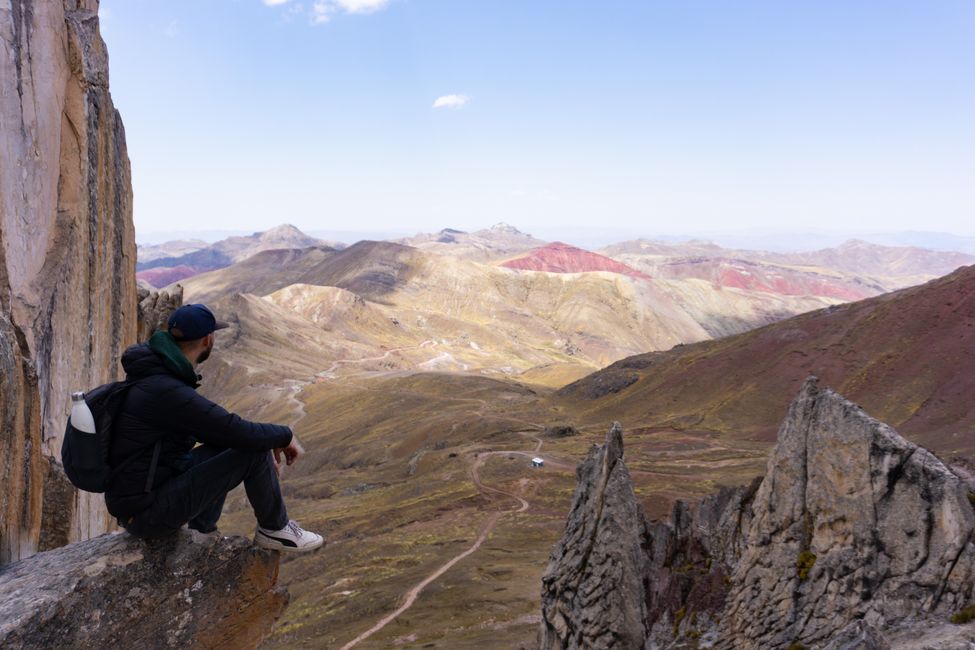
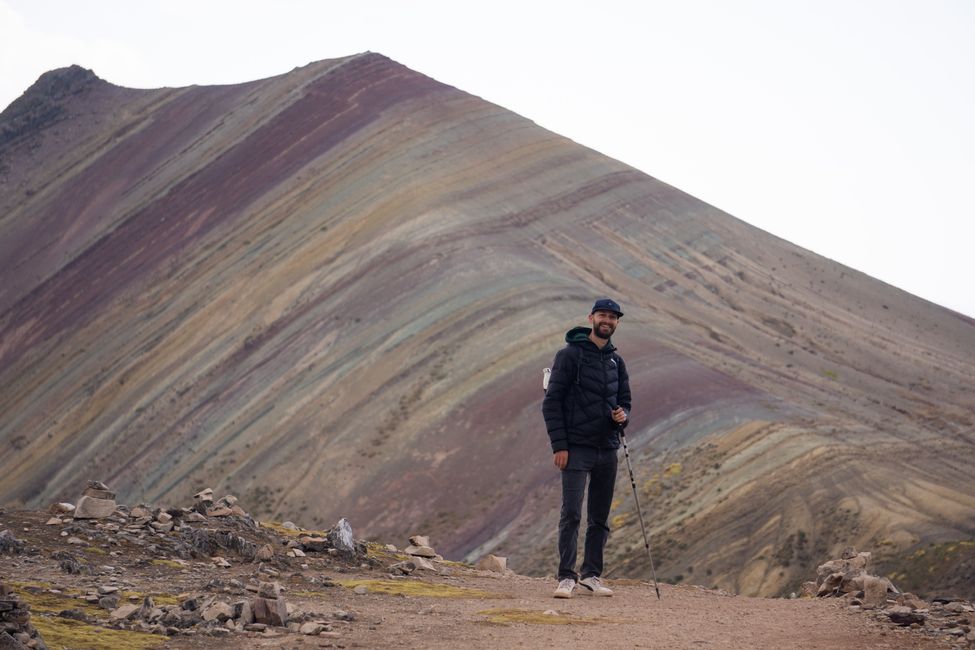
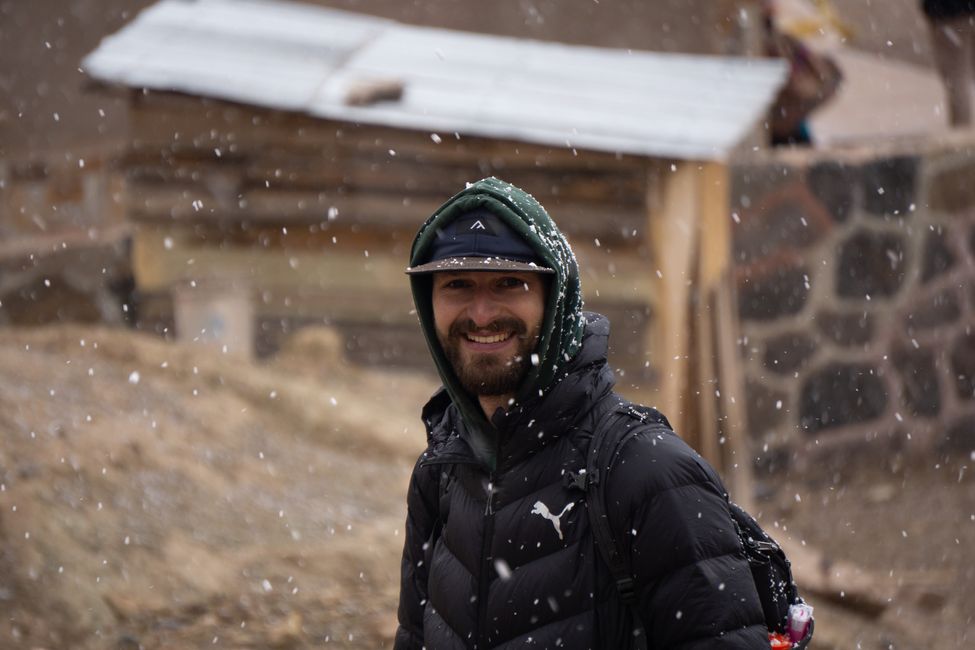
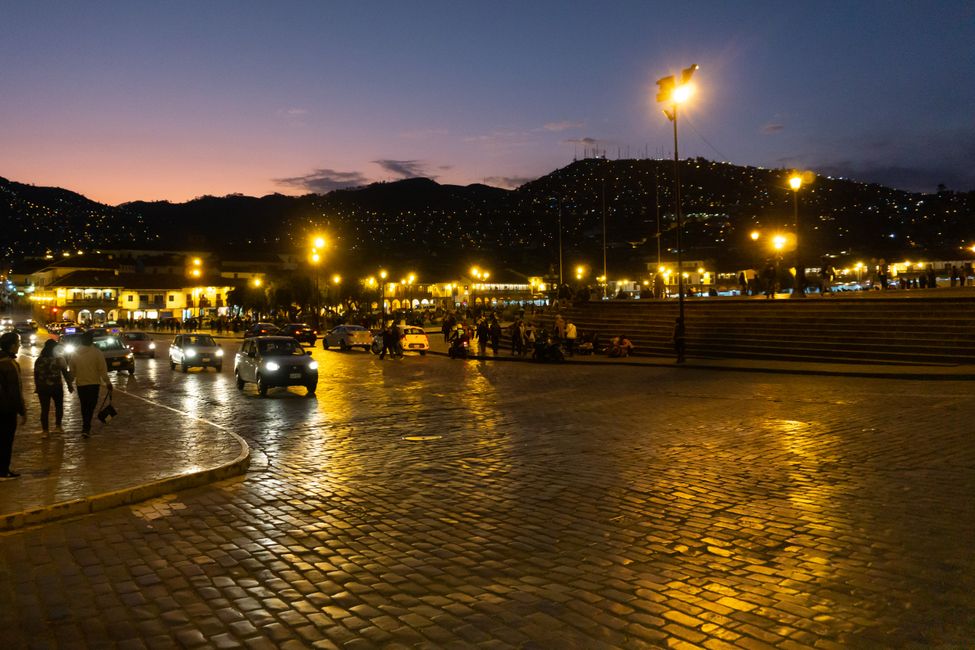
Abbona għan-Newsletter
We practically visited Cusco twice. Once before and once after the Salkantay Trek. The city has something very special about it: it manages to balance modernity and tradition, tourism and a connection to nature, Incas and Spaniards, and additionally has some of the best restaurants where we ate in all of Peru (shoutout to Chia, GreenPoint, Nuna Raymi, Yaku, Kusykay, Organika, etc. - highly recommended!).
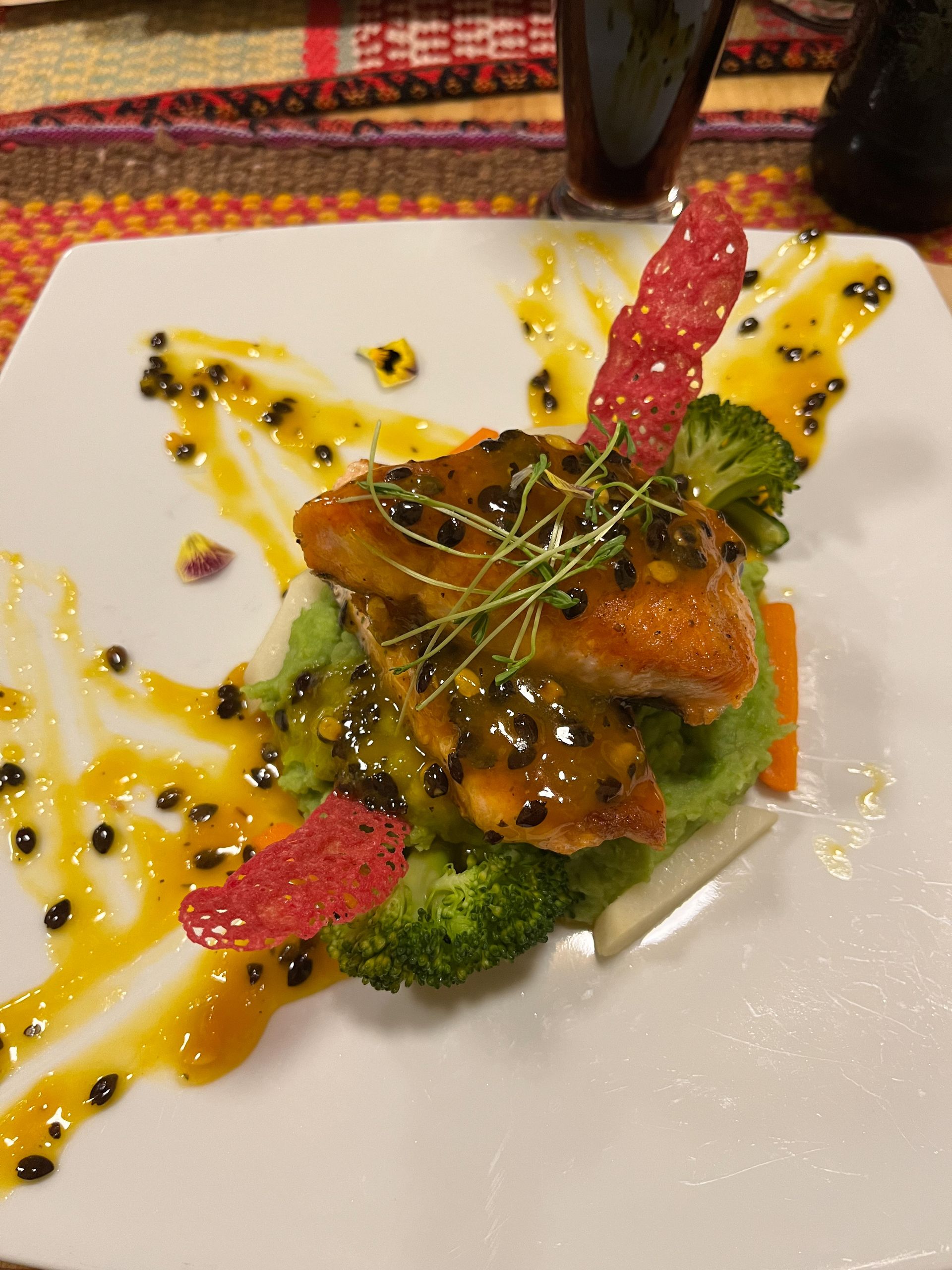
We spent a lot of time wandering around the Mercado San Pedro (Cusco's oldest market) and through the beautiful little streets, especially in the San Blas neighborhood. Cusco is beautifully situated between small mountains and from above it rather resembles an Italian city with its tiled roofs and churches.

During a walking tour, we learned more about Cusco and the Incas. The city center was designed by the Incas hundreds of years ago in the shape of a puma, with the Sacsayhuaman temple complex forming its head. Many Inca cities have the shape of llamas, condors, hummingbirds, pumas, or other hidden symbols that can only be seen from a bird's-eye view. Many buildings from the Inca period, which have withstood all earthquakes due to their special construction, were nevertheless destroyed by the Spanish conquerors and new churches and cathedrals were built on the remnants of the temples. The last great Inca ruler, Tupac, fought for the independence and equality of the peoples but was executed in Plaza de Armas. He is considered the founder of the independence movement.

We climbed up the hill to the church of San Cristobal through narrow alleys with whitewashed houses and blue doors, and many steps. From there, we had a great view of the city. Afterwards, our guide gave us a small pan flute performance. The conclusion of a good tour is always a (passion fruit) Pisco Sour, of course.
After Tina recovered, we took a day tour to the Sacred Valley. The itinerary included the Inca sites in Ollantaytambo, Pisac, Moray, and Chinchero, as well as the Salineras de Maras.
At the first stop in Chinchero, we received an introduction to the production of traditional Quechua clothing. We were shown how the wool is spun into a thread and then dyed with various natural products. The finished textiles are then naturally offered for sale at inflated tourist prices. We also visited a small Inca ruin here.

The second stop was the highlight of the day: the Salineras de Maras. Over 3,000 small pools are filled with water from a highly saline spring, which then evaporates during the dry season, leaving behind intensely colored salt rich in minerals (similar to Himalayan salt). Unfortunately, we only stopped here briefly, but we were impressed by the many colors of the different salt pools.
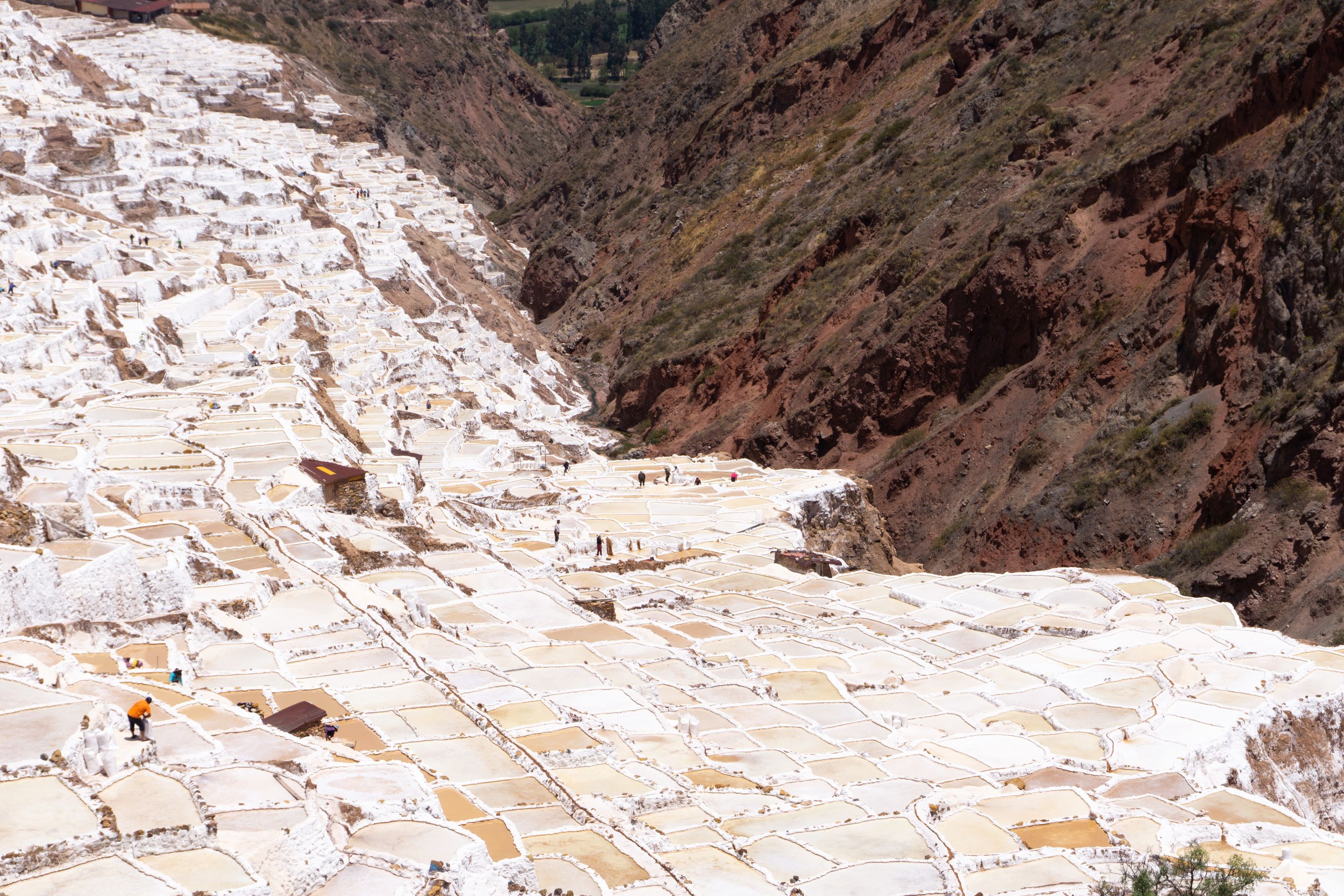
We drove to the Inca agricultural laboratory Moray via a bumpy road (due to the main road being under construction). On 26 terraces arranged in a funnel shape, each has a different climate, making it the ideal place to test the cultivation of various vegetables (especially potatoes). Additionally, the facility was built in the shape of fertility symbols.
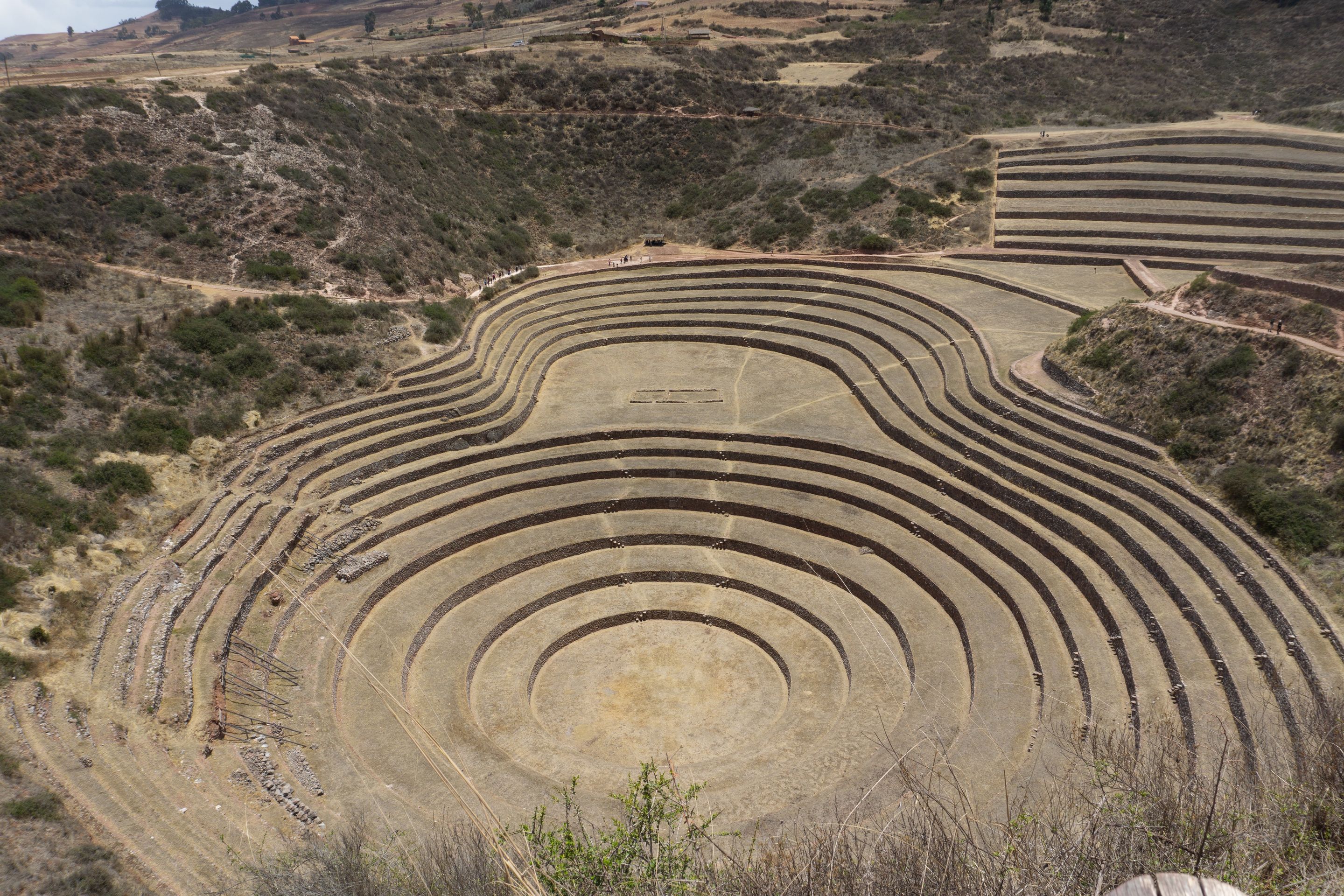
In Ollantaytambo, the Inca site looks like a llama from a distance. The Temple of the Sun forms the head, where you can see the Incas' knowledge of time and astronomy. Many stones and buildings are precisely aligned with the sun and constellations. This includes the sacrificial stone, where children were mainly sacrificed to the gods. According to our guide, it was the Incas' goal to stop the sun in order to stop time and achieve eternal life. The strong wind in Ollantaytambo was used to dry potatoes, making them durable in specially built warehouses, similar to refrigerators. They could be stored for up to 20 years.

The well-preserved ruins of Pisac with its numerous terraces were our last destination of the day. The site, built in the shape of a condor, was an important stronghold for guarding the Sacred Valley. In the beautiful light of the setting sun, we could once again enjoy the view over the green valley.
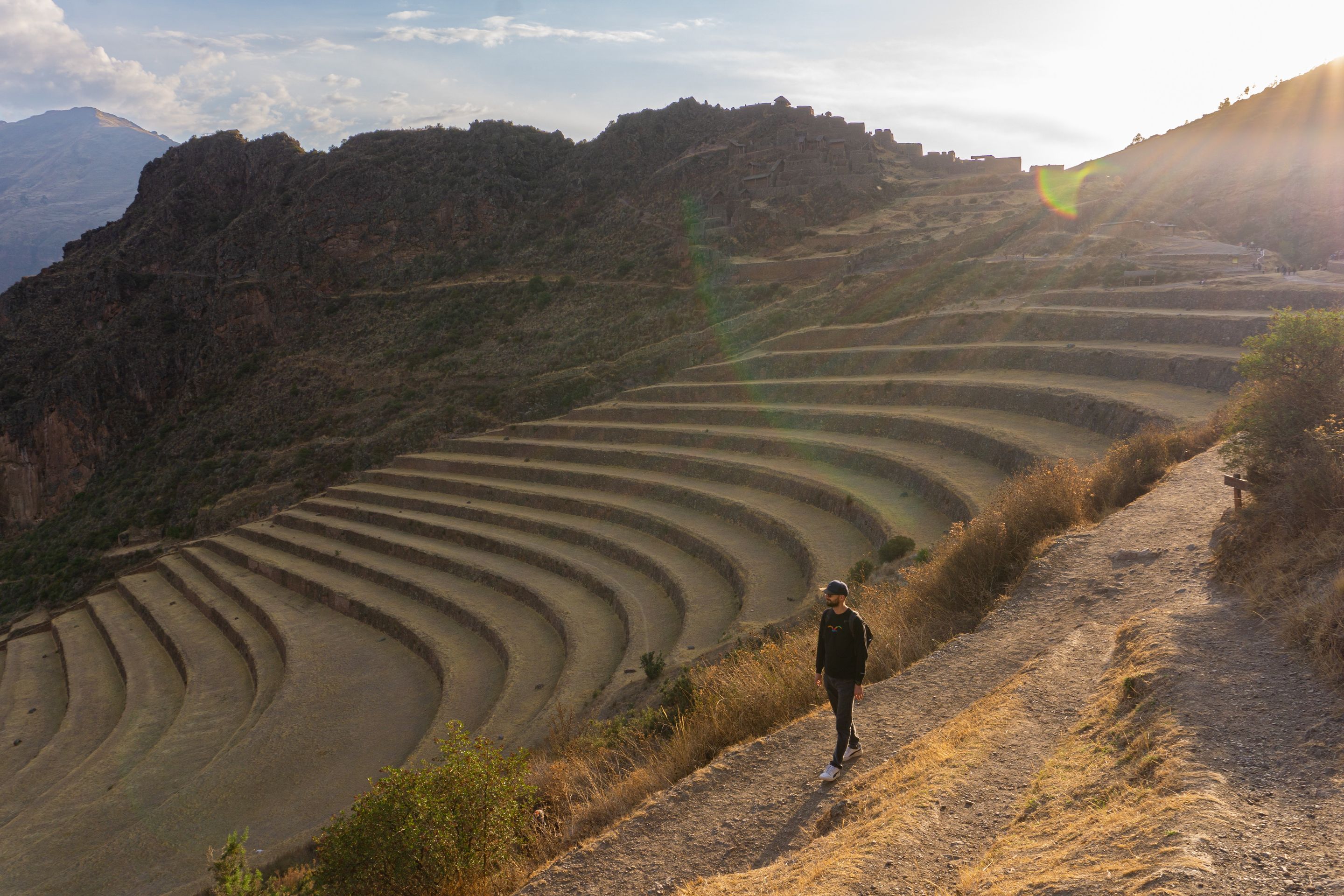
November 6, 2022, is our last day in Peru. For this, we saved one highlight: the Rainbow Mountains. However, since the "original" ones were too crowded, we decided to go to Palccoyo instead and see the "alternative" Rainbow Mountains that emerged from a melting glacier not long ago. Good decision! Apart from us, there are only a few other tourists around, and we have plenty of time to take in the incredible landscape in peace. You really need peace here because at nearly 5,000 meters, the air is relatively thin. Luckily, we have been traveling at high altitudes for a long time and therefore manage the good half-hour hike relatively relaxed. Here, you feel like you are in a different world, surrounded by beautiful mountains in various colors, sharp rock formations, and a lot of alpacas. On the horizon, we can also see the snow-covered Ausangate (6,384m), one of the most important mountains in the region, which is also used as a training route for Mount Everest.

Before we make our way back to the bus, we even have some breath left to climb to the higher pointed rock formations. It is hard to believe, but the view over the surreal surroundings gets even better! We can hardly tear ourselves away from it, but the clouds in the sky do not bode well. Within a few minutes, it starts snowing heavily. Fortunately, we are not far from the parking lot anymore, so we don't get too wet. Peru, you leave us with so many wonderful impressions, and we continue our search for new adventures with full stomachs and full hearts (although you have set the bar very high) ❤️🤍❤️
Now we are heading to Bolivia 👋
Abbona għan-Newsletter
Tweġiba
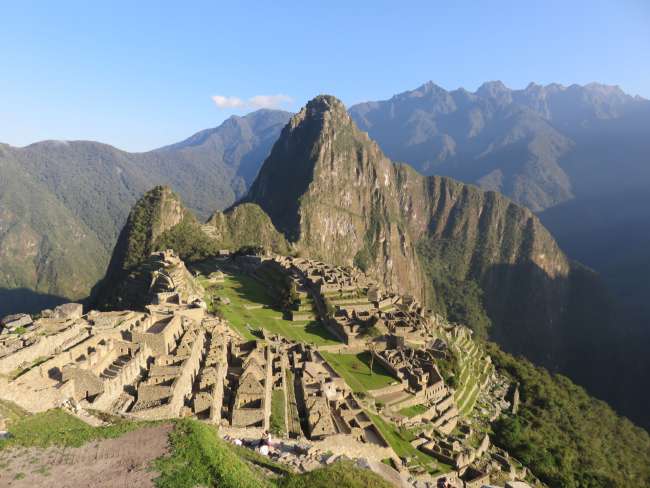
Rapporti tal-ivvjaġġar Peru
